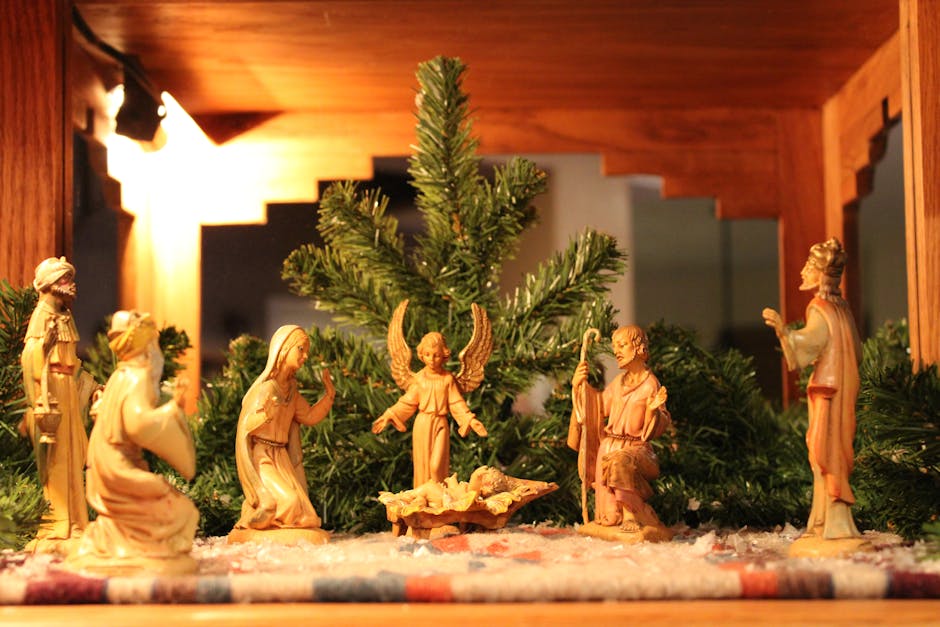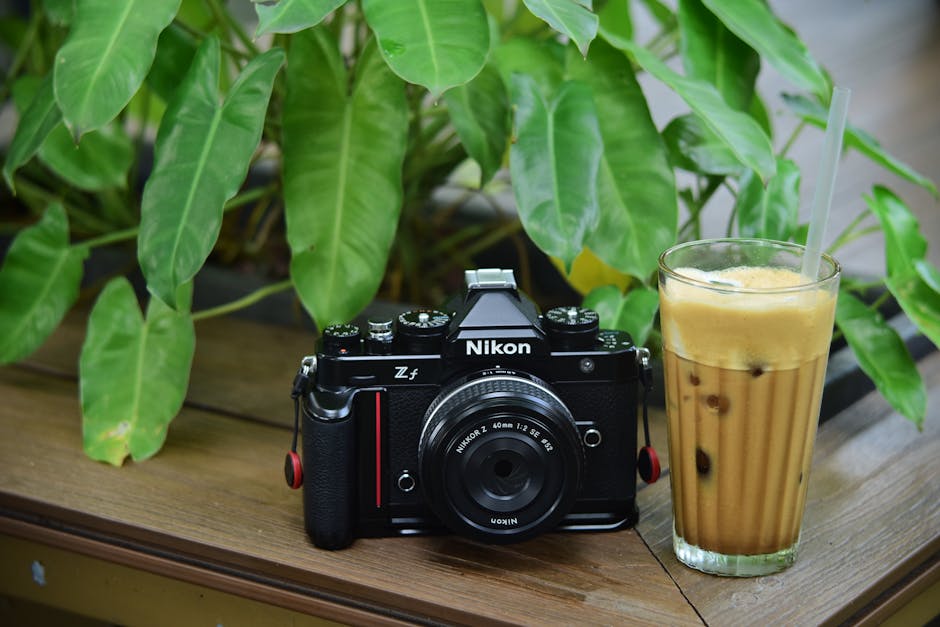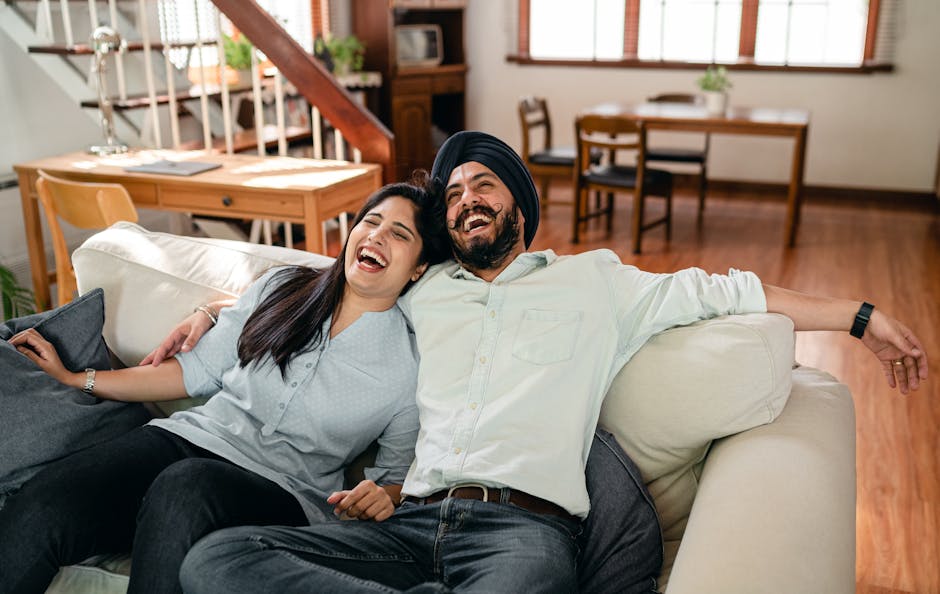It’s a scene that many people have in their heads, often from movies or paintings. The story of Jesus’s final hours is filled with some pretty intense moments. One of the most brutal parts, something that gets talked about a lot, is the flogging. The question, was Jesus flogged, is a big one for people trying to get the full picture of what happened. It’s not just a side note in the story; it is something that the historical accounts and religious texts point to directly.
We’re going to look at this whole thing for 2025, sort of pulling back the curtain on an event that happened two thousand years ago. We’ll check the old texts, see what the Romans were typically up to back then, and figure out why this specific act of violence was part of the process. It’s a heavy topic, for sure, but one that’s central to the entire Passion narrative. So let’s just get into it.
The Flogging of Jesus in the Gospels
When you want to know what the Bible says, you have to go to the Gospels. Matthew, Mark, Luke, and John. These are the main accounts we have of Jesus’s life and death. And when it comes to the flogging, they do mention it, though some are more direct than others.
The Gospel of John is pretty direct about it. Chapter 19, verse 1 says it clear as day. “Then Pilate took Jesus and had him flogged.” There’s not a lot of flowery language there. It’s just a statement of fact. This happened.
Matthew and Mark also say it but they kind of bundle it with the crucifixion. They talk about Pilate wanting to satisfy the crowd. So, he hands Jesus over to be crucified, and the flogging is part of that package deal. It’s presented as a step in the process.
Luke’s account is a little different which is interesting. Pilate says he will “punish him and then release him.” Some people think this “punish” means a flogging. The idea being that Pilate hoped a really bad beating would be enough for the crowd. Spoilers: it wasn’t.
So the records we have are pretty much in agreement. The event did happen, though the telling of it varies a little bit between the authors. It is a detail they considered to be important enough to include in their writings.
What a Roman Flogging Was Actually Like
To really get what happened, we can’t just think about modern punishments. A Roman flogging, or what they called a verberatio, was on a whole other level. It was not designed just to cause pain; it was designed to destroy a person’s body before they were even executed.
Normally, the tool used was something called a flagrum, or a flagellum. This wasn’t just a simple whip. It was a handle with several leather straps or thongs attached to the end. And that’s not the worst part.
The real horror was what they put in the leather straps.
Bits of Metal: Small, sharp pieces of iron or lead were tied into the ends of the leather.
Pieces of Bone: Sharp, jagged pieces of animal bone were also woven in.
When this thing hit a person’s back, it didn’t just sting. The metal and bone would grab on. They would tear away chunks of skin and flesh with every single strike. It was a really nasty kind of whip.
The person was usually stripped naked and tied to a pillar or post. Their back was totally exposed. The soldiers performing the flogging wouldn’t hold back. They would strike the person’s back, buttocks, and legs over and over again.
It is generally considered that this punishment was meant to be extremely painful. The flogging would go on until the skin was shredded, the muscles were torn up, and sometimes even the bones underneath were exposed. A person could easily die from the blood loss and shock of the flogging alone. This was not just a spanking; it was a method of torture intended to bring a person right to the edge of death.
Why Was Jesus Flogged? The reasons Behind It
So, we know it happened and we know it was brutal. But why? Why did Pontius Pilate, the Roman governor who seemed a bit reluctant to execute Jesus, order such a horrible thing? The reasons are a little bit tangled up with politics, law, and crowd control.
Pilate’s reasons are a bit murky, you know? It seems like it was maybe a political thing. He’s got this massive, angry crowd in front of him, and they’re screaming for a crucifixion. He might have thought a really bad flogging would make them feel better. A sort of “look how much he’s suffered, isn’t that enough?” move.
The attempt by Pilate to satisfy the demands of the crowd, which were growing more and more insistent, is what many believe led directly to the order for the scourging. He was trying to find a middle ground, a way out of a tough spot. It didn’t work, but that may have been the plan.
A Political Move?
Pilate was in a tricky position. The Jewish leaders brought Jesus to him on charges of sedition, basically, claiming to be a king. This was a direct challenge to Caesar, to Rome. Pilate couldn’t just ignore that. But he also seems to think Jesus is innocent, saying “I find no basis for a charge against him.” The flogging, then, becomes this weird, failed compromise. It was a political calculation.
standard Roman Procedure?
For non-Roman citizens sentenced to crucifixion, flogging was just part of the deal. It was standard operating procedure. The point of the flogging, it was to really weaken the guy before they had to carry their crossbeam. A weakened prisoner was an easier prisoner to control. So in one way, Pilate was just following the Roman playbook for this type of execution. It was a standard cruelty for a standard punishment.
The Flogging’s Place in Christian Belief
For believers, this isn’t just a story about pain. The thinking is that his suffering had a bigger purpose. The flogging of Jesus is seen as a key part of his sacrifice. It’s not just a historical event, it’s a theological one.
There’s this old verse in Isaiah people point to. Isaiah 53:5 says, “But he was pierced for our transgressions, he was crushed for our iniquities; the punishment that brought us peace was on him, and by his wounds we are healed.” That line, “by his wounds we are healed,” is directly connected to the flogging.
The idea here is substitution. That his physical suffering took the place of a punishment that others deserved. So, when Christians think about the flogging, they don’t just see a victim of Roman cruelty. They see a deliberate act of love, where suffering was taken on for the sake of others. It’s a tough concept to wrap your head around, but it is central to the whole Christian faith. It makes the brutality of the event have a completely different meaning.
Frequently Asked Questions about the Flogging
So, was Jesus flogged before or after his sentencing?
The Gospels place the flogging after Pilate sentences him to death but before he is led away to be crucified. It was part of the whole execution process.
Was Jesus flogged the same way as other criminals?
Most likely, yes. The Romans had a pretty standard method for this kind of thing, using the flagrum. There’s no reason to think the flogging Jesus received was any different from what other non-Roman criminals sentenced to the cross would have gotten.
Where in the Bible does it say was Jesus flogged?
You can find it mentioned in Matthew 27:26, Mark 15:15, and most directly in John 19:1. Luke 23:16 also talks about Pilate wanting to “punish” him, which is generally taken to mean a flogging.
Why is it important to know that was Jesus flogged?
Historically, it shows the extreme physical suffering he went through, confirming the brutality of Roman executions. For Christian faith, it’s a fulfillment of prophecy and a core part of the belief that his suffering was for the atonement of sins.
Key Takeaways
The answer to “was Jesus flogged” is a clear yes, according to the main historical accounts in the New Testament Gospels.
Roman flogging was not a simple whipping. It was a severe form of torture using a special whip called a flagrum designed to tear flesh.
The reasons for the flogging were probably a mix of Roman legal procedure and a failed political attempt by Pontius Pilate to appease the crowd.
In Christianity, the flogging is not just seen as a moment of suffering, but as a purposeful act tied to the idea of healing and salvation for others.



